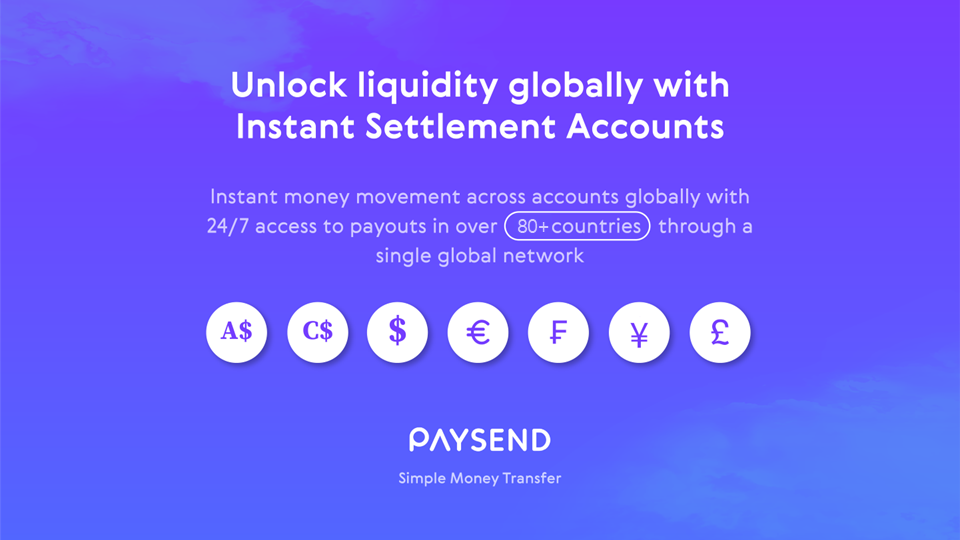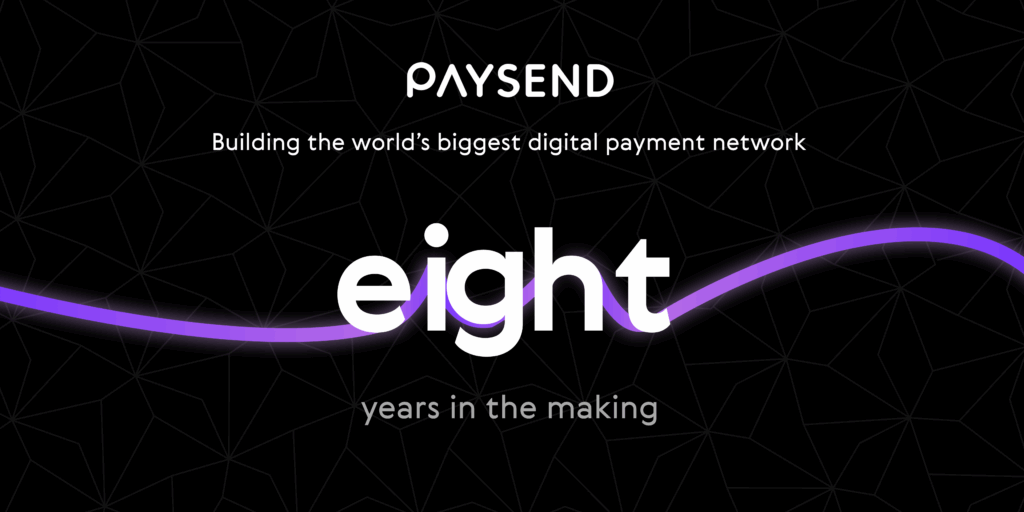
Merchant survey 2025: Navigating the payment innovation divide
A 2025 survey of UK retailers reveals how payment challenges and innovation priorities are shaping merchant strategies across the sector.

A 2025 survey of UK retailers reveals how payment challenges and innovation priorities are shaping merchant strategies across the sector.

UK SME survey shows open banking intrigues merchants with faster, cheaper payments, but gaps in awareness and security fears slow adoption.

The Bank of England’s offline CBDC trials show it’s technically possible—but device limits, fraud risks, and policy gaps must still be solved.

Six months into APP scam reimbursement rules, 86% of victims are refunded—yet calls grow for a cross-sector, prevention-first fraud strategy.

Paysend launches Instant Settlement Accounts, unlocking $400bn in trapped liquidity and enabling real-time cross-border fund movement.

A new Payments Association consumer behaviour survey reveals UK consumers’ payment habits in 2025, highlighting growing digital use, persistent cash reliance, and a strong focus on security.

My EU Pay’s Derry office is thriving—proving fintech success can flourish beyond major hubs, with growing demand for compliance talent in NI.

As fraud grows more sophisticated, platforms must balance growth and security—turning risk management into a competitive edge through smart tech and strategy.

Millennials favour mobile wallets for travel and everyday use—but only if they’re secure, seamless, and reward-driven, new PXP research finds.

RT2 modernises UK payments with ISO 20022, enhanced access, APIs & real-time resilience—enabling innovation, new entrants & a dynamic ecosystem.

Burges Salmon appoints Anna Vangrove as banking & finance partner, bringing dual-qualified expertise in UK & NI real estate, corporate & energy finance.

HCLTech’s Sudip Lahiri on AI, payment modernisation, self-disruption, CBDCs & why adaptability and partnerships are key in an evolving financial ecosystem.

Tokenisation is now a core enabler of secure, interoperable digital payments—powering embedded finance, asset tokenisation, and evolving identity flows.

UK’s first Financial Inclusion Strategy aims to tackle vulnerability with better cash access, KYC innovation, community finance, and financial education.

Early CBDC deployments show promise for cross-border payments, but adoption hinges on privacy, interoperability, and user-friendly, inclusive design.

Paysend celebrates 8 years of innovation, now serving 11m+ users. Focused on instant global payments, it expands enterprise solutions & tech hubs in 2025.
The Payments Association
St Clement’s House
27 Clements Lane
London EC4N 7AE
© Copyright 2024 The Payments Association. All Rights Reserved. The Payments Association is the trading name of Emerging Payments Ventures Limited.
Emerging Ventures Limited t/a The Payments Association; Registered in England and Wales, Company Number 06672728; VAT no. 938829859; Registered office address St. Clement’s House, 27 Clements Lane, London, England, EC4N 7AE.







Log in to access complimentary passes or discounts and access exclusive content as part of your membership. An auto-login link will be sent directly to your email.
We use an auto-login link to ensure optimum security for your members hub. Simply enter your professional work e-mail address into the input area and you’ll receive a link to directly access your account.
Instead of using passwords, we e-mail you a link to log in to the site. This allows us to automatically verify you and apply member benefits based on your e-mail domain name.
Please click the button below which relates to the issue you’re having.
Sometimes our e-mails end up in spam. Make sure to check your spam folder for e-mails from The Payments Association
Most modern e-mail clients now separate e-mails into different tabs. For example, Outlook has an “Other” tab, and Gmail has tabs for different types of e-mails, such as promotional.
For security reasons the link will expire after 60 minutes. Try submitting the login form again and wait a few seconds for the e-mail to arrive.
The link will only work one time – once it’s been clicked, the link won’t log you in again. Instead, you’ll need to go back to the login screen and generate a new link.
Make sure you’re clicking the link on the most recent e-mail that’s been sent to you. We recommend deleting the e-mail once you’ve clicked the link.
Some security systems will automatically click on links in e-mails to check for phishing, malware, viruses and other malicious threats. If these have been clicked, it won’t work when you try to click on the link.
For security reasons, e-mail address changes can only be complete by your Member Engagement Manager. Please contact the team directly for further help.